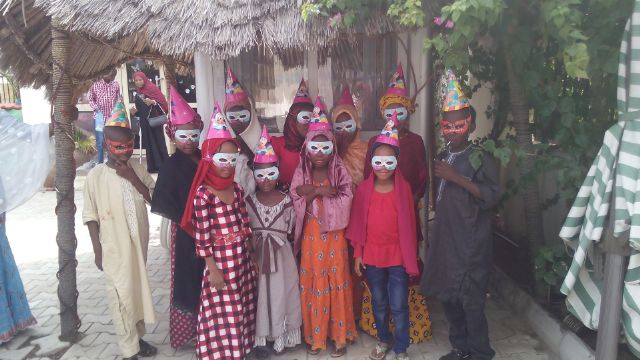By Ndidi Chukwu
The Federal Ministry of Education has said the low level of academic performance among Nigerian children is attributed amongst others to poor hygiene which breads diseases and affects the life of children at their developmental stage. Permanent Secretary of the Education Ministry, Justina Ibeh, said hygiene promotion in Nigeria has only been health sector based and much has not been done to promote education for behavioural change by other sectors.
The Permanent Secretary who was represented by Mrs Victoria Kayode, Deputy Director, Education Support Services of the Federal Ministry of health in a National Stakeholders’ Consultation workshop on Draft Hygiene promotion Strategy and Implementation Guidelines in Nigeria, said education has not been sufficient enough to make lasting change in Nigerians’ hygiene practises.
For hygiene status in Nigeria, the 2013 National Demographic Health Survey found that in only 40% of the households, a place for hand-washing was observed and even where this was observed, only 30% had soap and cleansing agent and water for hand-washing. Ad recent survey also carried out by the United Nations Children’s Fund (UNICEF) in six states, finds an average of 53% of respondents who washed their hands with soap after defecation. The UNICEF survey found a more alarming result that only 14% of respondents washed hands with soap after cleaning their child’s bottom.
“Low prevalence of proper hygiene practises poses severe public health risks in Nigeria as can be seen in a regular outbreak of cholera cases” said Kannan Nadar, UNICEF Chief for Water, Sanitation and Hygiene, Nigeria.
Nadar cited the Nigeria’s Public Health Laws which treats environmental health and hygiene as one. He said all laws emphasised environmental protection, and hygiene education rather than behaviour change motivation, “the health education curriculum in Nigeria emphasises knowledge building neglecting life skill development” Nadar noted.
UNICEF in collaboration with the Federal Ministries of Education, Water Recourses and Health, in the ongoing National Stakeholders’ Consultation workshop on draft hygiene promotion strategy and implementation guidelines, hopes to harmonise the various approaches towards having a very clear national hygiene promotion strategy that is based on behaviour change motivation, communication and close community engagement.
He expressed optimism on the outcome of the workshop, which he said will “create defined guidelines for implementing hygiene promotion in communities, schools, primary health centres and public places with school children playing an important role as agents of long lasting change in their households as well as in their communities”
Having hand washing as a prominent tool against public health diseases, just as it was in the case of Ebola outbreak in Nigeria, is the main target of the gathering as experts believe it is capable of saving 200 lives per day.




